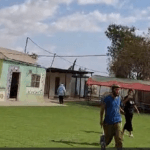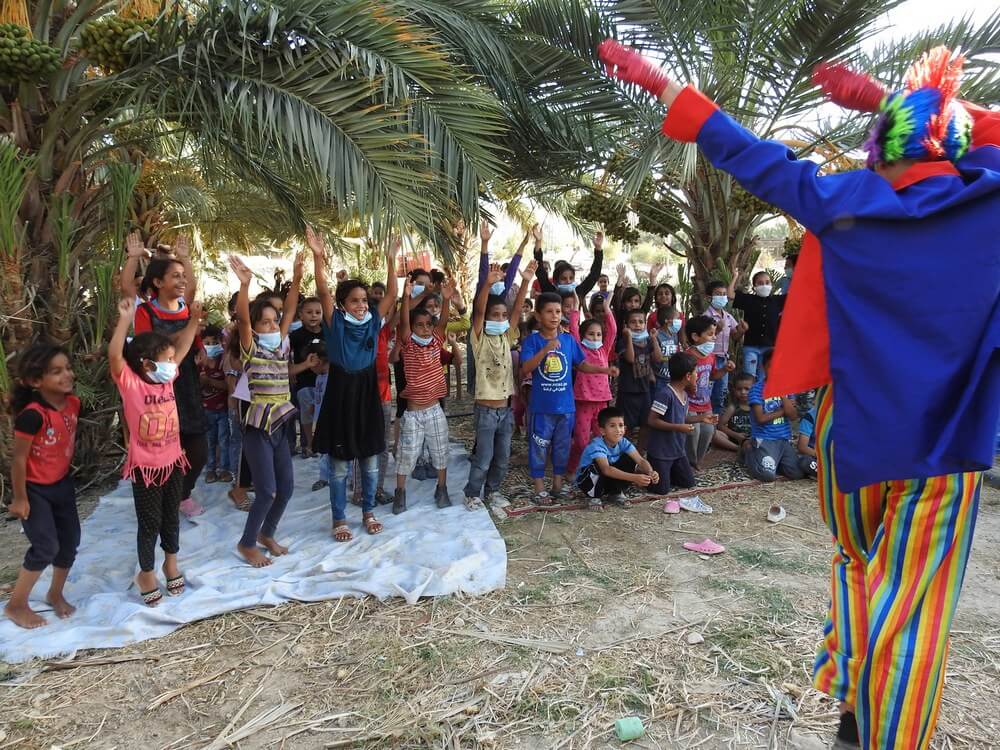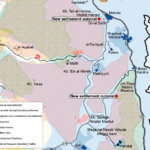Health and education
The Palestinian communities in the Jordan Valley suffer from severe shortage in basic services. Most communities, especially those located in Area C, are not connected to electricity, water, telephone or sewage networks in addition to lacking public transportation.
The development of the Jordan Valley, in terms of the Palestinians, has never been on the agenda, and Israeli has refused all demands raised by residents to provide these basic services. Consequently, many Palestinian communities still live in harsh, primitive conditions with no access to any kind of service. The following gives an overview of basic services in the Jordan Valley:
Health
There are only 24 health clinics in the Jordan Valley, operated by the Palestinian Ministry of Health and civil organizations, such as the Palestinian Medical Relief Committees, Palestinian Red Crescent, Union of Health Work Committees and UNRWA. The clinic buildings, however, are very old and/or poorly constructed from concrete, metal sheets and tents. Israeli policy prohibits the construction of health clinics as it does with housing or other kinds of infrastructure. They also threaten to demolish any illegal building or reconditioning of clinics. Consequently, health services in the Jordan Valley are almost non-existent and, if available, never meet the needs of the population, particularly in emergency situations. And due to occupation policies, civil organizations are limited in capacities and cannot provide dependable primary healthcare. For example, health clinics are only open 2-3 days/week for about 2 hours/day. Any critical cases or emergencies must be transferred to hospitals in the major cities. And oftentimes, Israeli soldiers place obstacles at checkpoints for medical staff, often forcing them into long, detailed searches. As a result, patients are delayed in receiving medical attention. The hospital in Jericho is the only one in the Valley.
Education
There are 38 basic and secondary schools located in the Palestinian communities of the Jordan Valley, serving more than 13,000 students. There is a lack of infrastructure and supplies, such as drinking fountains and sanitation facilities, in about 12 schools. Israel also refuses to give permits to build new schools in most Palestinian communities. According to the sources in the Palestinian Ministry of Education, most Jordan Valley schools lack sufficient classrooms; thus, many students continue their education in classrooms that fail health and safety regulations or travel to schools farther away. Students have to commute large distances through difficult checkpoints to access schools and universities in Jericho, Nablus and Tubas, leading to students moving in with the extended family or families splitting up.





